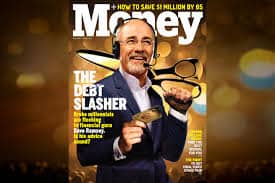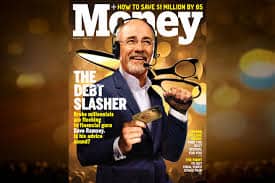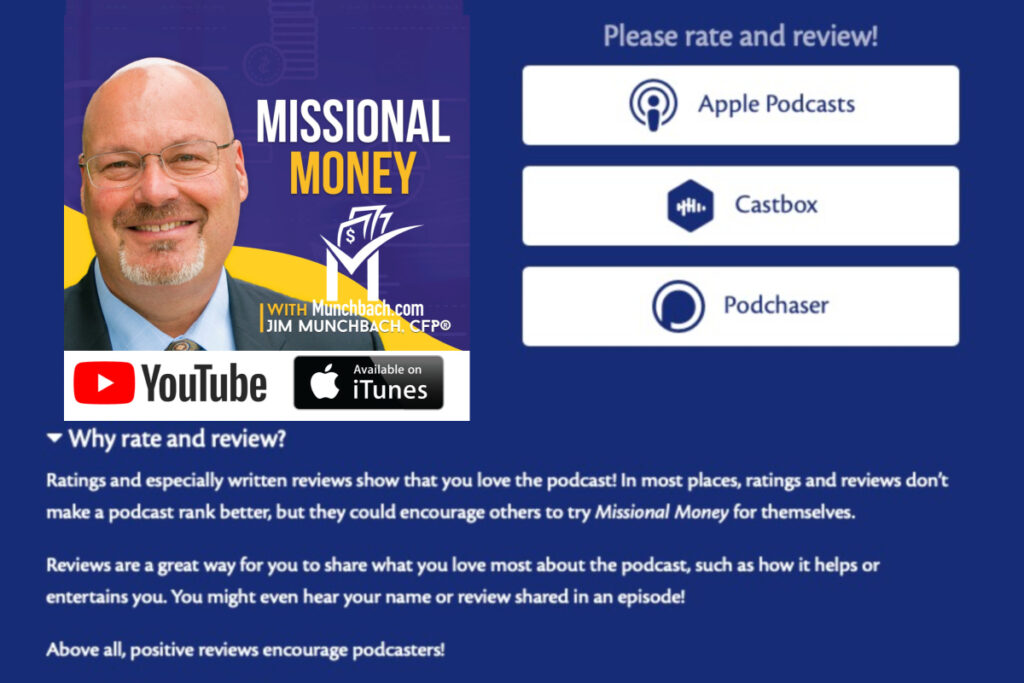
Watch these 4 videos:
The Baby Steps:
Murphy’s Law:
Wealth Building:
https://www.youtube.com/watch?v=pl3yKPRhw4
Credit Cards:
Week 1 Saving
Part One: 7 Baby Steps
Saving money is crucial to financial success. In the video, Dave Ramsey goes through the seven baby steps to get started on saving for your future.
Baby Step #1 Emergency Fund
$1,000 in an emergency fund ($500 if under $20k/year)
Get this money into an emergency fund as quickly as possible so that you are prepared for an emergency, and it won’t cause any unnecessary damage like dropping out of school.
Baby Step #2 Debt Snowball
First list all your debts from smallest to largest, then pay off the smallest and make minimum payments on all other debts.
As you continue to make payments and knock the smallest debts off the list, you will find it easier to get rid of debt until you are debt-free.
Baby Step #3 Super Save for 3-6 Months of Expenses.
Set up a Special Savings Account for this purpose. After graduation, start to expand your emergency fund of $1000 or $500 until you have 3-6 months of expenses in savings.
Baby Step #4 Put 15% of your income into retirement savings
After expanding your savings, put at least 15% of your income into a 401k, Roth IRA, or some other form of retirement fund.
Baby Step #5 College funding for your kids
Baby Step #6 Pay off your home early
Baby Step #7 Build wealth and Pay it Forward!
Part Two: Murphy’s Law
The three major reasons to save money are…
- Emergency fund,
- Purchases, and
- Building Wealth
- The emergency fund is for unexpected events, which occur all the time, so you need to be prepared. Ramsey refers back to baby step 3 from the previous video, which is to fund a complete emergency fund (3-6 months of expenses).
- Your emergency fund is not an investment, it’s insurance, which means it doesn’t make you money, it costs you money for protection against emergencies.
- Establishing an emergency fund that you do not touch is a huge emotional step in the financial planning process and it will make a huge difference in your financial future, too.
- Murphy’s Law says that anything and everything that can go wrong will go wrong, so you want to be prepared for anything when considering saving for an emergency.
- Ramsey calls an emergency fund “Murphy-repellent” because emergencies seem to happen less when you are financially prepared for them.
Part Three: Wealth Building
The key ingredient to wealth building is discipline. Discipline isn’t always pleasant at the time, but what it produces is.
Building wealth is a marathon, not a sprint. There’s no shortcut and it is not easy; building wealth is a process that happens over your lifetime.
To take advantage of compounding interest, you need to start saving as soon as possible. Get your emergency fund out of the way, so you can pay for things with cash to avoid debt, so that you can build wealth and start investing for the benefit of compounding interest.
Part Four: Credit Cards
- Anyone can be a millionaire in America if they follow the 3 Laws of Personal Finance and — according to Dave Ramsey — if they live by the principles of budgeting, paying cash, and staying out of debt.
- One of the biggest temptations in America is the credit card. When you give your money to a bank or financial institution, they will most likely send you a credit card. The interest rate can be ridiculous, so most people tell themselves they won’t use the credit card but keep it just for an “emergency”.
- Using a credit card is like loaning the bank your money for 6% interest, and the bank loaning it back to you for 18%, which is how banks make money.
The credit card game is not a win-win situation, so it’s best to avoid them altogether — according to Dave Ramsey.








